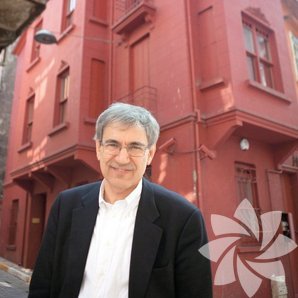|
I have a habit of keeping a book diary, writing a few words about every novel that I have read. This time I could maybe write here.

Masumiyet müzesi has been translated into Finnish by Tuula Kojo who is one of the trusted translators of Orhan Pamuk. The novel has been on my as-soon-as-possible list for a long time but the news in April actually made me open the 700-page book: Pamuk had opened Museum of Innocence in Istanbul. What kind of a novel needs a museum?
Orhan Pamuk was not a new acquaintance for me but with Mazumiyet müzesi he stepped into the area of literature that touches me the most: psychological realism which doesn’t ignore our social dimension. On the surface Mazumiyet müzesi is a story of an obsessed love but it also lightens the connection between our inner life and real world objects. (I never really understood collectors until I read this novel.) At the same time it is a description of Istanbul and an era when Turkey was looking for its future direction.
You seldom find such sensitivity in a novel. Pamuk opens his leading character’s mind like a surgeon, yet respecting his uniqueness, his right to feel like he feels. His descriptions of a man’s mind are so sharp and painful the reader finds herself examining her own mind the same way. In this he reminds me of the British Ian McEwan who has been on my favourites’ list for a long time.
The story is actually simple: Kemal, a rich heir and a businessman, falls in love with his distant relative, the 18-year-old Füsun. Even though he can’t make decisions when they are due this love devastates his life so that he abandons his fiancée and dedicates his life on seeking Füsun’s proximity, admiring everything that she has touched, no matter if it was a cigarette end or a china dog over her television set. Kemal collects everything that has to do with his sweetheart and finally ends up with an apartment full of consolation and memories, the museum of innocence.
Istanbul Museum of Innocence has a beautiful website:
http://www.masumiyetmuzesi.org/W3/Default.htm?sRefresh=True
If I had a chance to visit the museum I would look for the spirit of the novel, the atmosphere of Füsun’s modest home, the memory of one lost youth. Museum of Innocence has gained a lot of attention all over the world. It is an act of culture, a great attempt to bring the acchievement of literary art into another level of human experience.
Edited (7/14/2012) by Abla
|

